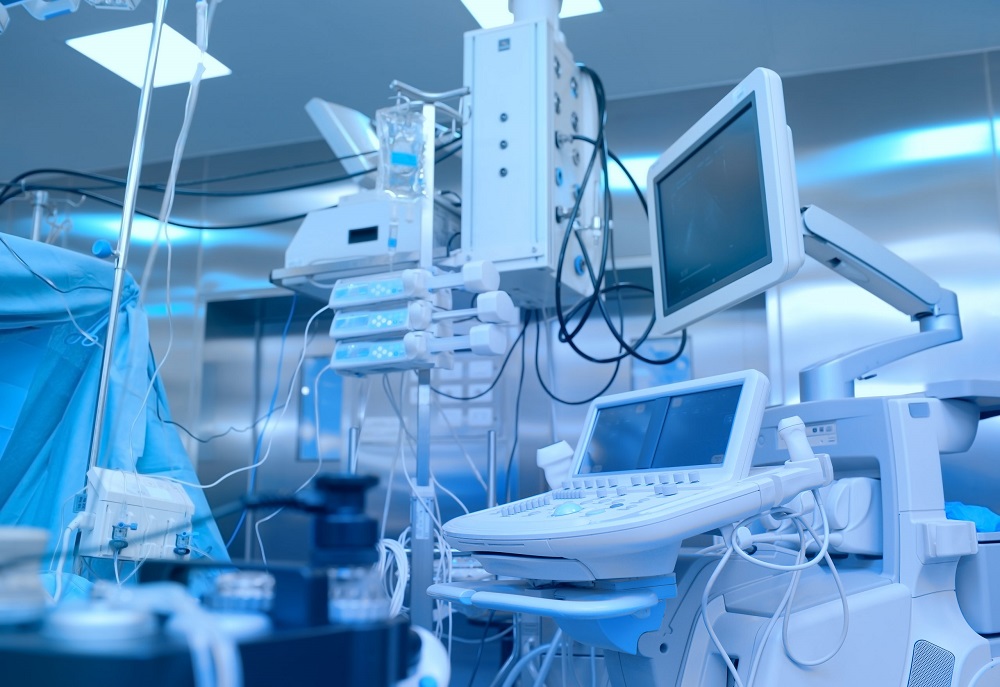
The medical device industry is undergoing a significant transformation, driven by technological advancements and evolving healthcare demands. As we navigate through 2025, several key trends are poised to redefine the landscape of medical technology:
1. Integration of Artificial Intelligence (AI) in Diagnostics
AI is revolutionizing medical diagnostics by offering rapid and precise analyses, aiding in early disease detection and personalized treatment plans. The AI market in life sciences analytics was valued at $2.22 billion in 2024 and is projected to reach $6.28 billion by 2034, underscoring its growing significance in healthcare.
2. Expansion of Wearable Health Technologies
Wearable devices have evolved beyond basic fitness tracking to sophisticated health monitoring systems. These gadgets provide continuous, real-time insights into vital health metrics, promoting proactive health management and early disease detection.
3. Advancements in Medical Robotics
Robotic-assisted surgeries are becoming more prevalent, offering enhanced precision and reduced recovery times. Innovations in this field are expanding the capabilities of minimally invasive procedures across various medical specialties.
4. Emphasis on Cybersecurity
With the increasing connectivity of medical devices, cybersecurity has become a critical concern. Ensuring the protection of patient data and device functionality is paramount, prompting the development of robust security measures within the industry.
5. Adoption of 3D Printing Technologies
3D printing is transforming medical device manufacturing by allowing the production of patient-specific implants and prosthetics. This technology enables rapid prototyping and customization, leading to more efficient and personalized healthcare solutions.

